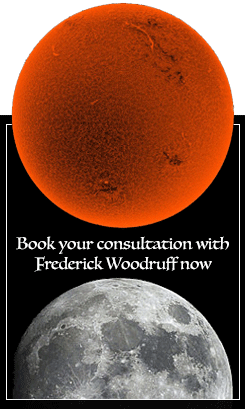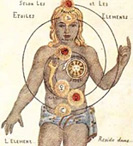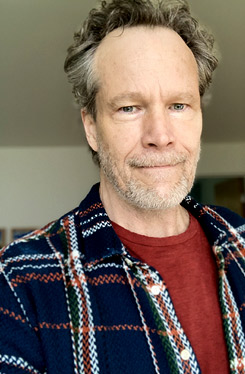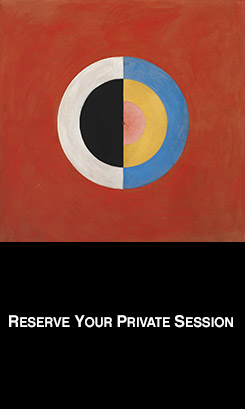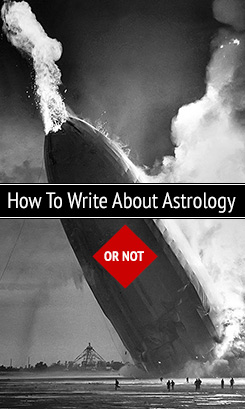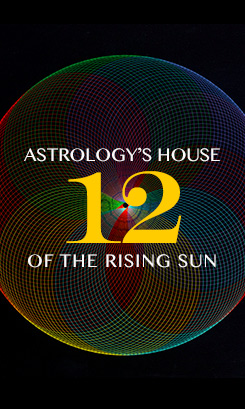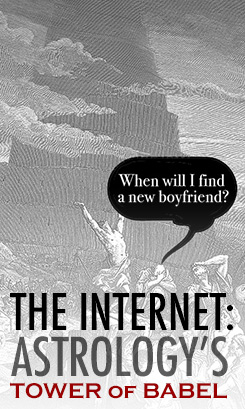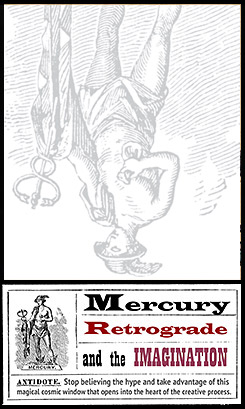New Moon Watch: The Teacher Student Relationship
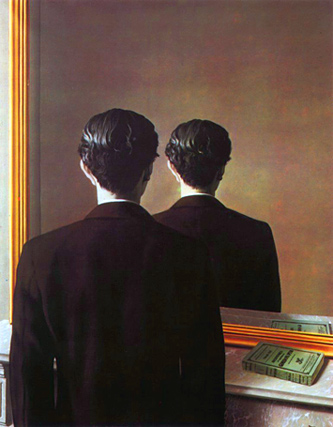
— A.H. Almaas.
Yesterday’s new moon occurred in the eighth degree of Virgo. One of the zodiacal degrees associated with the student teacher relationship. So that’s what I’ll be writing about today. The symbol’s specific image is: “A five-year-old takes a first dancing lesson.”
In his book on the Sabian Symbols, Dane Rudhyar writes the following: “The individual can express his own individual character only according to traditional modes. He is still entirely responsible to his teacher… Yet new perspectives are now open to him.” Rudhyar also notes that this degree is associated with “the potentiality of initiation.” The number five, taken from the child’s age, represents a movement towards “conscious manhood.”
When I turned 32 I had the good fortune of finding my spiritual teachers. Actually my spiritual teachers found me, but I’ll say more about that seeming mystery as I go.
Events in my life, around the time of meeting my teachers, were difficult, both externally and psychologically. And I had exhausted whatever quantity of fuel my personality was burning to maneuver, manage and ‘design’ my life. I was literally running on empty; my mantra being a line I’d read in one of Maurice Nicoll‘s Commentaries. Quoting Ouspensky: “It’s only when you realize that life is taking you nowhere that it begins to have meaning.â€
Depression was a constant. This despite the fact that I had a ‘fulfilling’ career as an artist. A parade of boyfriends. And lived in a beautiful tropical valley, recessed in the hills of Honolulu. Better yet, I was tucked away on an island, 3,000 miles away from my mother and father. Surely I was an autonomous adult, finally free from my family matrix; a condition that I’d drawn a dark curtain across after graduating high school and moving to Los Angeles in my late teens.
But then a family death opened a trapdoor and I tumbled down the rabbit hole. A hole created by what I call the “blow back” of death — a kind of astral opening where the shock of death exposes the various blinders and “buffers,” as Gurdjieff called them, that keep the deluded sense of immortality humming within oneself. Three months later I met my teachers and joined a Work school.
People that don’t understand the value of ongoing spiritual work ask me why I have teachers, and why I have sustained a relationship with my teachers for the past twenty years. Surely after twenty years one would have arrived, yes? Found what they were looking for.
True, unless what one is looking for is bigger than their life, their notion of what ‘a life’ is, and involves becoming a genuine adult — as A.H. Almaas, the founder of my school once said, “There are very few adults walking the planet nowadays.” Psychologically speaking, almost everyone is still in some form of infancy.
The process of becoming an adult is a sort of alchemy whereupon the personality is metabolized into Being, into living a life from essence, participating in the world as an autonomous being able to experience real contact with other human beings. Almaas calls this the experience of the Personal Essence.
But making this transition from the false personality to essence requires ongoing self-work — and a particular kind of seeing and being seen by one’s teacher. Becoming a conscious adult means, ultimately, true autonomy, true separation from mother.
Almaas continues: “What essentially happens in the process of really growing up is that you don’t need your mother or your father any more. You don’t have to have your mother inside you or outside you … What takes the place of the mother — first the physical and then the psychological mother — is your essence. To recognize, realize, integrate, and develop your essence is to become an adult.”
It takes time to become an adult. I once told a friend it took me twenty years to lose myself, and then another twenty years to arrive at a place within myself where I could actually begin to integrate my being, and now, probably, another twenty to experience life objectively, to live as an adult. But don’t let this daunt you, every step along the path has been fascinating and rewarding, such is the heart’s joy once it starts off towards what it really in truly longs for.
And what’s that?
It’s difficult to explain to someone the value and importance of a teacher if the person asking the question doesn’t have a conscious connection with the origin of their discontent. If I still think that a new car, job, location move, lover or washing machine is going to fulfill my sense of disconnection and depression, well, I’m not really feeling the origin of my discontent and I’m approaching my life from a kind of babyhood. As in, if I get the right kind of external input and mirroring (food, care, attention, etc.) I will be satisfied. And that’s fine — if there’s a degree of intelligence operating, time and the pressure of the discontent will continue to press and work the soul until it’s wrestled to the mat and starts to make a turning towards adulthood. A craving for truth rather than symbolic mother substitutes.
When I work with clients that are depressed, and have perhaps been depressed for a long spell, I subtly allude to how fortunate they are to be feeling the ache and emotional deadness associated with depression. If they can stay with it and inquire into the feeling of disconnect the possibility arises for the soul to begin its turning. And that simple movement can have a liberating effect, perhaps bringing them to a teacher.
Until my 30s, and despite my studies in metaphysics and psychology, I was adamant that a teacher student relationship implied weakness. A compromise that would daunt my self-discovery and the victories associated with ‘doing it on my own.’ I’d also been raised Catholic and I was determined to stay away from any sort of hierarchical arrangement. Or worse, blind devotion to theory or dogma — our doubly worse a guru and everything that notion connoted. I was convinced that God wasn’t in a tabernacle on an altar, but maybe, possibly, as the Hermetic sciences taught, God was inside me. I just had to make that connection.
And there, simply put, is what a teacher helps us do. Make the connection.
We have teachers because we can’t see the back of our heads. A teacher, through her integration of wholeness, her own example of adulthood, is capable of seeing more of the totality of her student. What is real within her student.
Unfortunately Freud was correct; there is an unconscious and it doesn’t let go of its contents very easily — at least without conscious and consistent effort. And the unconscious is greedy too, it likes holding all of the gold for itself. Creating a hermetically and cozily maintained world unto itself. A teacher helps expose the contents of the unconscious to the light of consciousness. So holding light, holding attention, is an important function of a teacher. Ultimately a teacher mirrors back only what is real within the student, giving very little attention or focus on the false.
Teachers help us sustain our inner flame. The flame of one’s love of the truth. The teacher mirrors back my flame as I interact with her and experience her flame through her presence. Experiencing the consistency and stabilization of her flame mirrors back my ability to do the same. Stabilizing one’s flame, the sort of inner support that is necessary to sustain that flame, is another condition my teachers catalyze. Again, much of this happens by observation and by being ‘in the presence of.’ If there are very few genuine adults walking the planet it helps to be around a true adult to learn what adulthood is about. A condition similar to our first phase of growing up as a child, when our parents, hopefully, mirrored back to us qualities we needed to become functioning human beings.
So the question might arise: What if I don’t have a teacher? How do I find a teacher? Well, that’s the odd thing. The student doesn’t find the teacher. The teacher finds the student. This is difficult to explain, but simply put: spiritual reality operates almost exactly opposite of day-to-day, or consensus reality. As Gurdjieff taught, for the spiritually awakening individual everything suddenly becomes upside down.
The Sufi writer Llewellyn Vaughan-Lee describes this teacher student process very well:
A true teacher reminds the student that life itself — our job, family, relationships — is where all of the experience we need to develop into adulthood originates. In a genuine Work school their isn’t a movement away from the world, but more a being within the world but not of it. Conditions we meet in our life, in everyday reality, provide all of the friction we need to facilitate the metabolization of personality into essence. Vaughn-Lee goes on to say:
